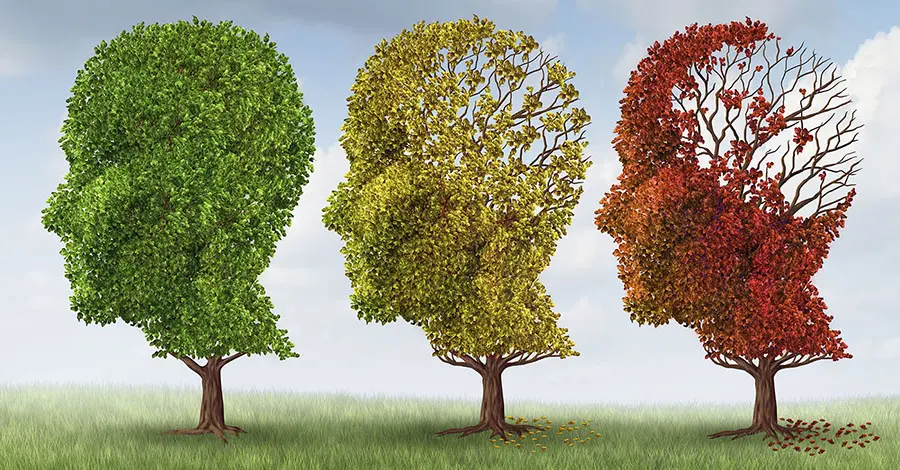
I had heard that there was an impact of pollution on mental health. This article of JAMA Psychiatry medical review gives a little more information. People exposed to air pollution combining both particulate matter and nitrogen oxides have a higher risk of depression and anxiety
According to Santé Publique France (state agency), pollution caused 40,000 deaths per year in France between 2016 and 2019. This is an improvement on the years 20011 and 2015 when the figure was close to 50,000.
If the consequences of bad air on physical health are well known, pollution also seems to have a significant impact on our mental health.
How does air pollution affect our mental health ?
Pollution directly affects the neural development of children, especially if the mother is exposed during the first months of pregnancy. Regular exposure to polluted air is thought to increase the risk of self-harm in children under 10 years old. In adults, it would lead to an increased risk of dementia and Parkinson’s disease.
Regular inhalation of fine particles smaller than 2.5µm (PM2.5) has also been shown to increase the level of depression, bipolarity and even schizophrenia in adults. During pollution peaks, scientists also note an increase in suicide attempts.
Experts from Santé publique France explain the impact of pollution on the brain: “Fine particles can destroy the blood-brain barrier or enter the brain through the olfactory nerve”, as well as through the part of the digestive tract that includes the stomach, small intestine and large intestine, causing imbalances that affect the central nervous system.
Nevertheless, Professor Franck Schürhoff, psychiatrist at Henri-Mondor Hospital (Paris) and professor at the University of Paris-Est Créteil, insists on the fact that pollution alone is not enough to trigger these neuropsychiatric pathologies, it only accelerates the disorders already present in certain people.
How to protect yourself from air pollution in the city ?
To protect yourself during your urban travels, whether on foot, bicycle, scooter or motorised two-wheeler, I recommend that you wear a Frogmask anti-pollution mask, made in France and equipped with FFP2/N95 filters.
Those anti-pollution mask filter a minimum of 94% particulate matters down to 0,4µm thanks to 5 layers N95 filters.
Available in 3 sizes, they perfectly fit to each head size so that a maximum inspired air goes trough filters rather from mask sides if not perfeclty fit. That’s why one size fits all mask models are not an option to get the maxium protection against airborne particules.
The mental health benefits of biking to work
Biking to work, cycling to work, commuting to work by bike all those terms are are increasingly present in the media.
This daily physical exercise has a number of benefits, not only for the environment, of course, but also for your budget and, above all, your health.
A study by Ebike.org of 1,038 bicycle commuters (363 urban cyclists and 675 non-cyclists) sought to determine whether there was a difference in the mood and productivity levels of employees who cycle to work compared to those who use other modes of transport.
- 70% have more energy throughout the day
- 51% say they are less stressed during the working day
- 42% are more satisfied with their work
- 40% report an increased willingness to innovate
- 30% say they are less likely to resign in the next six months
- 27% report an increase in overall productivity
- 2,500$ in annual savings (an average of $48 per week) by not driving to work
- 15,000$ more in annual wages than workers using other means of transport.
There’s not much more to say: air pollution affects mental health, cycling is good for the rider’s body and brain while reducing pollution, and the anti-pollution mask protects the rider from pollution. The circle is complete.
